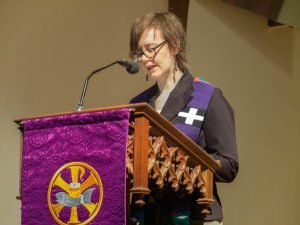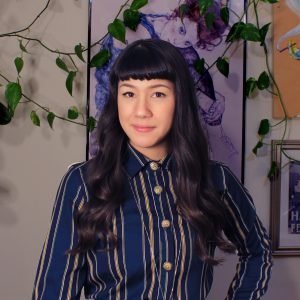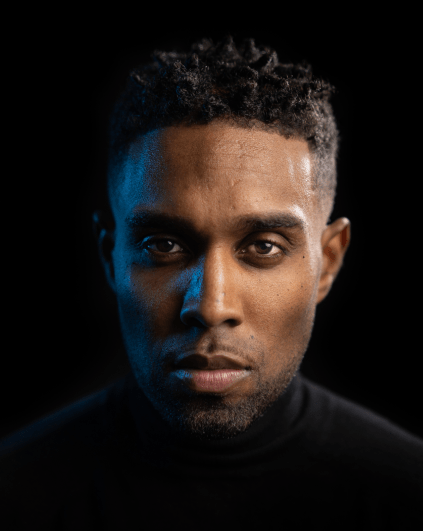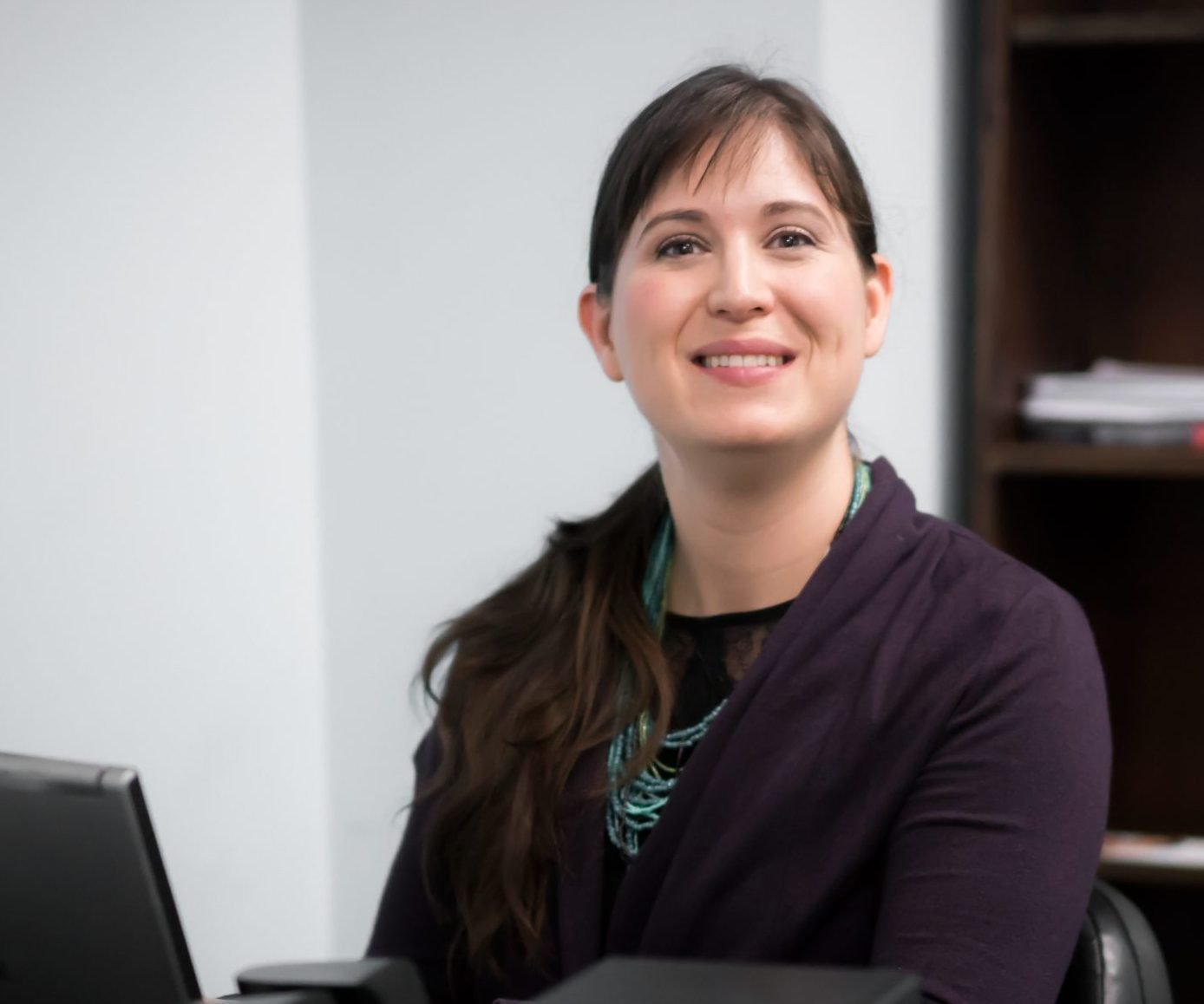We interviewed Professor Joseph Wong about moving from one country to another to start school. Heading off to university is a significant milestone in one’s life, and even more so if it also means travelling abroad to a whole new country on your own. For international students who started university during COVID, the experience has been a little different, but as vaccines are doled out and the health situation looks a bit more hopeful this year’s international students may be considering a few different options as they return to their degree in the Fall. We thought we’d speak with someone who’s been an international student himself while a graduate student, and is also very familiar with the needs and situations of international students on a major university campus.
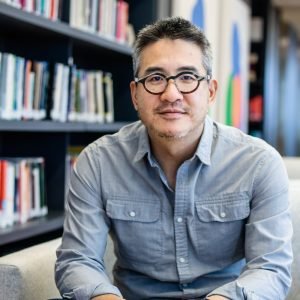
Professor Joseph Wong is Vice-President, International, University of Toronto, where he is also the Roz and Ralph Halbert Professor of Innovation at the Munk School of Global Affairs, and Professor of Political Science in the Faculty of Arts and Science. He held the Canada Research Chair in Health, Democracy, and Development for two terms from 2006 to 2016. He is the author of many academic articles and several books, including Healthy Democracies: Welfare Politics in Taiwan and South Korea and Betting on Biotech: Innovation and the Limits of Asia’s Developmental State. Inspired by the Sustainable Development Goals, in collaboration with the Mastercard Center for Inclusive Growth, Professor Wong founded the Reach Alliance, a model for student-led, faculty-mentored, multi-disciplinary research dedicated to investigating the pathways to success for innovative programs that are reaching the world’s most marginalized populations.
_
Tell us a bit about your own experience as an international student studying in the US. How do you think studying abroad impacted your overall academic experience and development as a scholar?
My experience as an international student in the US was definitely formative. I was in my early 20s, doing my Ph.D. in a foreign country, and the work itself, obviously, was something that I was not at all accustomed to, and it was really 24/7. seven, I was really passionate about doing my Ph.D. and studying in the US was really an eye-opener for me, even though Canada and the US are by most measures really similar. There are some things that are just still very fundamentally different. And it’s not until you actually live in another place, and become friends who are American and engage in public discourse, that you get a sense of what’s important and what’s less important in American society and really discover some of the critical differences between where I grew up and where I was doing graduate school. For example, when people ask me what’s the biggest difference between the US and Canada, I would say a lot of the things that they’re debating in the US and they continue to debate are things like a woman’s right to choose, access to health care, gun control. these are issues that, as far as I’m concerned, dealt with long ago in Canada, and we’ve kind of moved on. And yet, here is this society that’s very similar to ours, in which these are the core issues that are dividing the body politic and society there. So, even in two countries, as similar as Canada and the US, once we actually had that experience, and you really engage while studying there, you really discover those sorts of interesting differences. I understand that for international students, studying abroad can bring a mixture of excitement, anxiety, anxiety, fear of the unknown, but the experience is definitely worth it.
A lot has changed over the last year due to the pandemic, which impacted many international students. Could you talk about how has the university been dealing with that? What changes have you seen in how we think of education?
It is totally crazy. At that time, I was the vice provost for international. So our international learning outbound mobility, and things like learning abroad, were all part of my portfolio. I remember in mid-March last year, I was talking to a colleague of mine, who is one of the vice presidents. We were discussing how the borders might be closed soon. Four days later, the government made the official announcement and everything happened so fast. We had thousands of students all around the world, and we had to figure out how to get them back and how to proceed with online learning. For me, one of the real lasting lessons of the whole experience was to have a mindset of kindness. And I think one of the things that I really took from that experience was these thousands of students are, in the end, thousands of individuals who have individual needs, individual worries, individual circumstances, and so forth. And so our offices, and the staff, were just working around the clock because we wanted to accommodate and address very specific concerns. With these specific issues, you can be very bureaucratic about it and say: “Well, here’s the email, and here’s the FAQ page and just go to it,” or you can be kind about it. And I think that that was something we all took from this was just that we were really needing to be human at a time when being machine-like and bureaucratic are more convenient. Another thing that I’ve discovered is just the amazing adaptability of a large institution of over 90,000 students and staff and faculty. We were able to fully launch online learning within a very short period of time, and I think we manage everything pretty well so far.
Ideally, students would like to be learning in person, and we want to have as many in-person opportunities as possible. However, we also learned that there are things that we can do, and ways that we can reach students using online platforms that we were completely unaware of before. And that can really dynamize a classroom. For example, one of the things that we’ve launched this year, are what we’re calling Global Classrooms. Basically, using this online learning technology, we connect our classes here at U of T with classes at institutions and other parts of the world. I did one with an institution in Mexico because I have a friend there. Even though we are teaching separate courses, we were able to build a four-week module together on COVID and inequality. His students from Mexico and my students from U of T were able to collaborate and work together on projects of shared interest. These students had an opportunity to really learn about COVID, and its impact in Mexico, which of course, is a really interesting case. They had a chance to learn about indigenous issues and some of the challenges that the government is facing, and they got a chance to learn about inequality, and informality and so forth, by talking to their peers in Mexico. It is unbelievable and opportunities like this would have been impossible or very difficult before. We wouldn’t even have thought of that. To sum up, I think that there are lots of things we’ve learned, and there are lots of ways we can use platforms like this to do things that would have been completely inconceivable In the past,
What advice do you have for incoming and returning to international students in the Fall to make the most of this unusual time?
I think one of the things is really embracing every opportunity you get, especially at a university like U of T. It is one of the most massive places, and its scale brings with it both advantages and disadvantages. One of the challenges anywhere, but especially at a large institution like U of T, is how do you find these opportunities? How do you develop co-curricular opportunities? How do you satisfy your academic and non-academic curiosities? There are just so many opportunities at a place like the University of Toronto or any post-secondary institution. You just have to find the answer. One thing that I always say to new students is that you can go through university and just be a number. You can be anywhere your number, or you could really actively seek out opportunities. Go talk to your professors, they don’t like sitting in their offices alone during office hours. You should go find about about research opportunities or any opportunity that interests you. They won’t fly to your lap themselves. I would say that that’s probably irrespective of whether we’re more online or less online, it’s just really about being kind of entrepreneurial when you’re out there. Here’s the other thing I would say, and this may sound a little counterintuitive, but have fun. Don’t go into this with a mindset that you shouldn’t have a good time. I would say to students, particularly students at university, and of course, here at U of T, that you’re obviously really bright and accomplished, otherwise, you wouldn’t have gotten into university. Sometimes you need to enjoy yourself, and this is the time to be curious, to take chances, and to take risks. I always tell my students I work with to choose the courses that interest them. Don’t choose a course only because you may get good grades. This may sound a little abstract, but through my own experience and conversation with hiring managers, no one really cares about your GPA after you graduate from university. If you got a degree from a good university in a hyper-competitive situation, and that’s good enough. Are you an interesting person? Do you have character? Are you authentic? Are you gonna contribute positively to the organizational culture? Do I want to work with you? These are the questions they would like to find out. Don’t get me wrong, I’m still encouraging students to do well and to work hard and strive for excellence, but excellence can be measured in a bunch of different ways. And there’s just so much more to your university career than the curriculum. So I would suggest to students, not just international students, but all young people, to embrace these four years. You’re not going to be 18 or 22 forever. Discover your voice, passion, and authenticity, which are far more important to you as a person, and frankly, to your career in the long run.
Recommended Books and Resources
All books by Haruki Murakami
We the North: 25 Years of the Toronto Raptors by Doug Smith
Secret Path by Gord Downie
Thank you, Professor Wong, for sharing the excellent advice with us and our readers!
Missed Podcast? Watch Video Here:
_
_
_
For more advice about writing, check out our weekly podcast, video, or subscribe to our monthly newsletter.
_
To get more help with your assignments, book a 20 minute discovery session with us and start your journey to reaching your full potential on the page, and in life.
Both the written, visual, audio, and audiovisual content of this post has been created by and is the intellectual property of Lisa Pfau and PFAU Academic Writing. Please do not replicate any of the above content without our consent. However, please do feel free to share this post and its authorship widely.



